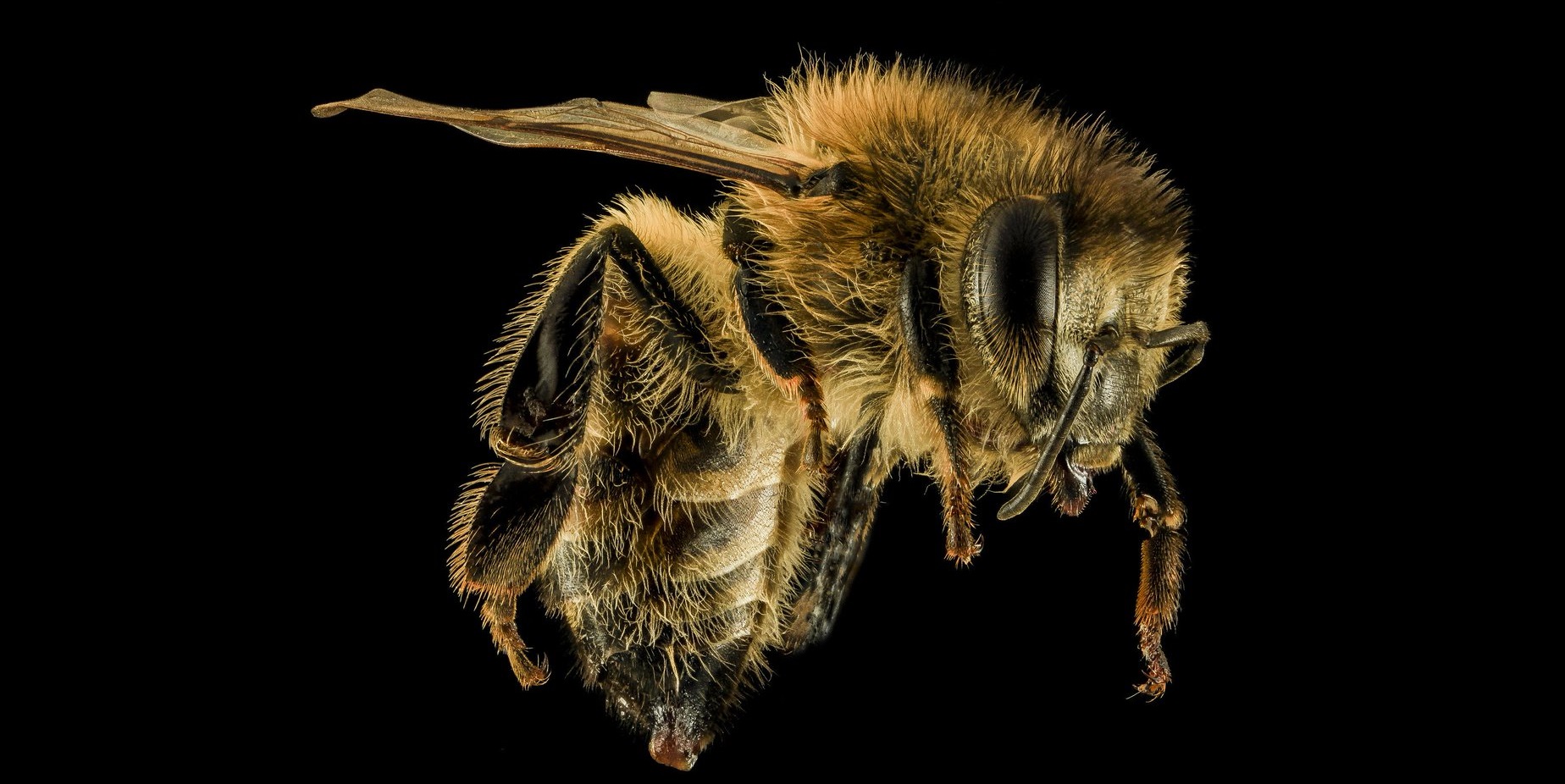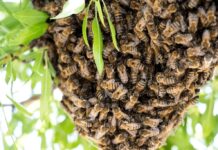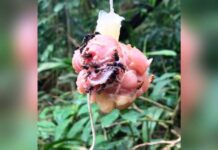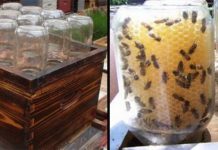When reading about the looming bee extinction crisis, John Christopher’s post-apocalyptic novel The Death of Grass springs to mind. Although not specifically focused on insect extinction, the novel notates a virus killing all forms of grass, including wheat crops and other forms of agriculture. The world is plunged into hunger and the government’s response is lacking.
Written in 1956, the novel reflects on issues faced today. When the bee becomes extinct, our fruit and vegetable sectors will collapse. Just like in the novel, crop yields will dramatically decline, and up to a third of the foods we consume will disappear.
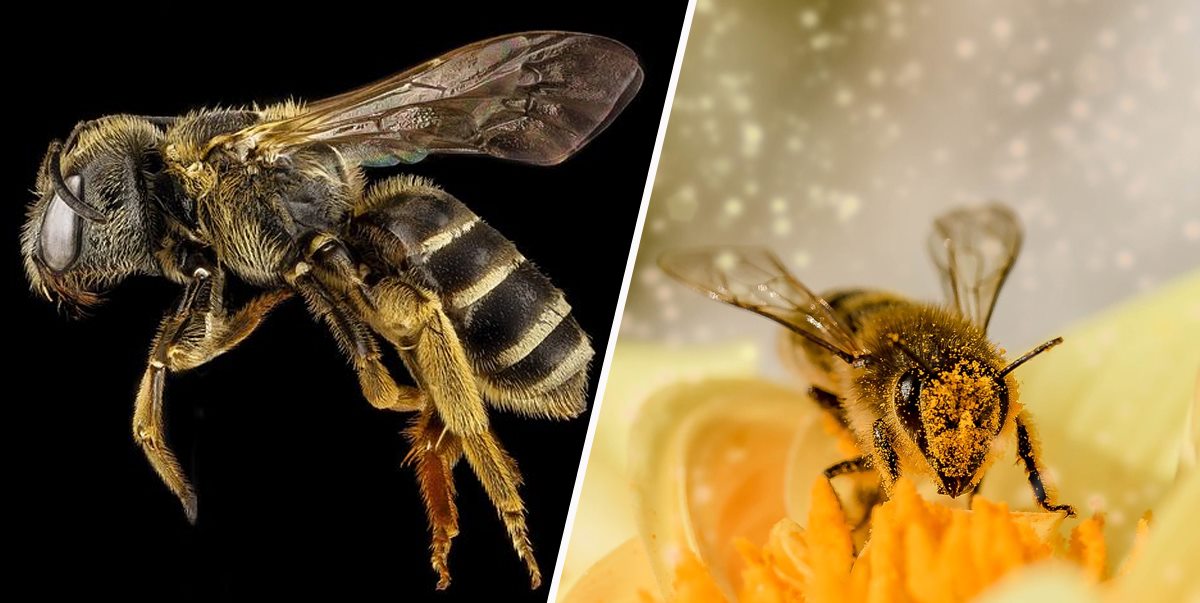
Wide spread famine and economic hardship will be on a catastrophic global scale.
In 2008, a convening at the Earthwatch Institute by the Royal Geographic Society of London declared bees the “most important” and invaluable species on the planet.
By 2014, the BBC reported that out of the “100 crop species that feed 90% of the world,” bees pollinate around 70 of these crops, making these little buzzing insects our master of the proverbial food chain.
But bees have been declared on the verge of extinction since 2017, and the situation is looking dire.
Losing the bees will be disastrous, and well, apocalyptic-esque. The relationship created over millennia between species diversity and plant life is interdependent, extensive, and irreplaceable. Life as we know it depends on the cooperation between the bees and plants, and any disruption can have a fatal impact.

Over 20,000 species of bee exist on the planet and many of them don’t rely on hives. They also struggle to adapt to a new plant life, particularly those created in laboratories, just as they struggle to survive in a world of pathogens, pesticides, deforestation, EMFs from WiFi, and commercially bred bees.
The uphill battle faced by the declining bee populations will and already influences pollination. According to the Food and Agriculture Organization of the United Nations (FAO), bees must be protected from further threats or our “own survival” is at risk.
“More than 75 percent of the world’s food crops rely to some extent on pollination for yield and quality. The absence of bees and other pollinators would wipe out coffee, apples, almonds, tomatoes and cocoa, to name just a few of the crops that rely on pollination,” the FAO reported in 2018.
In economic terms, industry stand to lose over half a trillion dollars every year if the bees fail to pollinate. Considering that major species of bee were declared endangered in 2017, with the first US-discovered rusty patched bumble bee suffering an 87 percent decline in population in just 2 decades, little has been done by world governments.
Farmers and Big-Ag companies continue to introduce pathogens and pests into the bio-sphere. Deforestation continues across nations at an alarming rate and introducing 5G will create unprecedented havoc among insect populations, so warns many scientists. Studies on the negative effects of WiFi on bee pollination and disorientation was published as early as 2009.
Just like in Christopher’s 1956 novel, today’s world faces a global crisis. Unlike the characters in The Death of Grass’ pages, today we have a choice: We can continue our path of destruction, or we can tell our governments and industries to stop.
